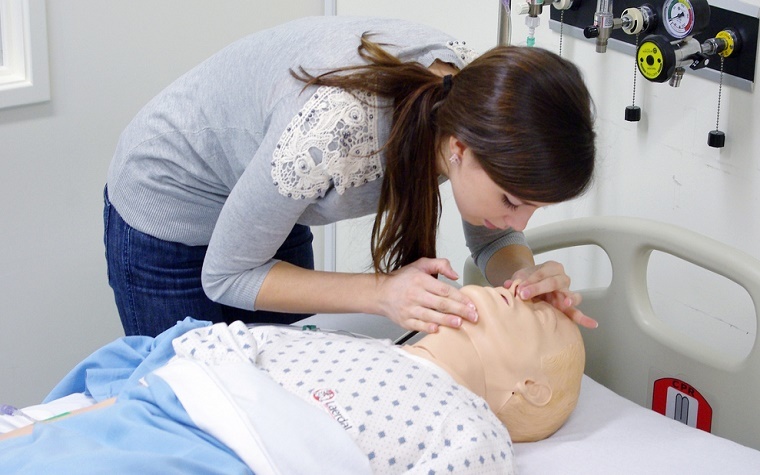
The American Heart Association's (AHA) list of the top 10 research advances of 2015 included a study that showed that cardiac arrest victims experience better outcomes when they are given rescue breaths during CPR -- despite other studies that show outcomes are improved by using continuous chest compressions.
Resuscitation guidelines released in October by the AHA suggested interrupted chest compressions -- 30 compressions followed by two rescue breaths. The new guidelines also offered another option to not stop compressions for breaths.
“They implemented that in Arizona and other regions and saw an increase in survival," Dr. Clifton Callaway, one of the study’s investigators, said.
The study used 24,000 patients as subjects. Half were given interrupted chest compressions; the other half, continuous chest compressions.
“Patients who were getting continuous chest compressions were less likely to be taken to the hospital, which means they were more likely to die on the scene,” Callaway said. “And if you look at people who died in the hospital and people who got discharged from the hospital, the group with 30 compressions and two breaths were spending more time surviving outside the hospital than the group who got continuous compressions.”
Callaway stressed the need for continued CPR research.
“When we go out and test what we think will be better, sometimes the effects are not what we expect,” he said. “It’s important to do the actual rigorous study to see if what we’re doing is actually a good idea.”